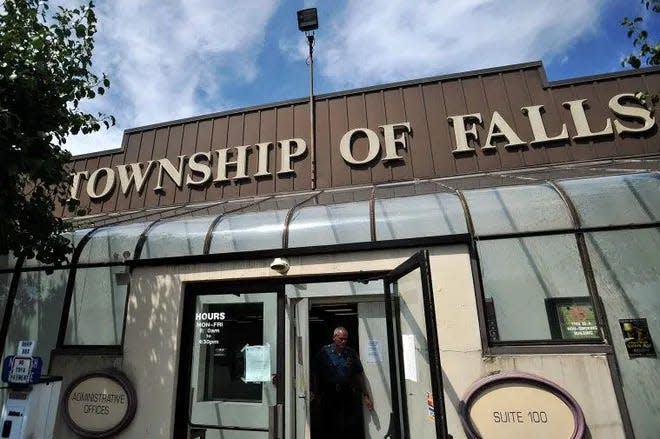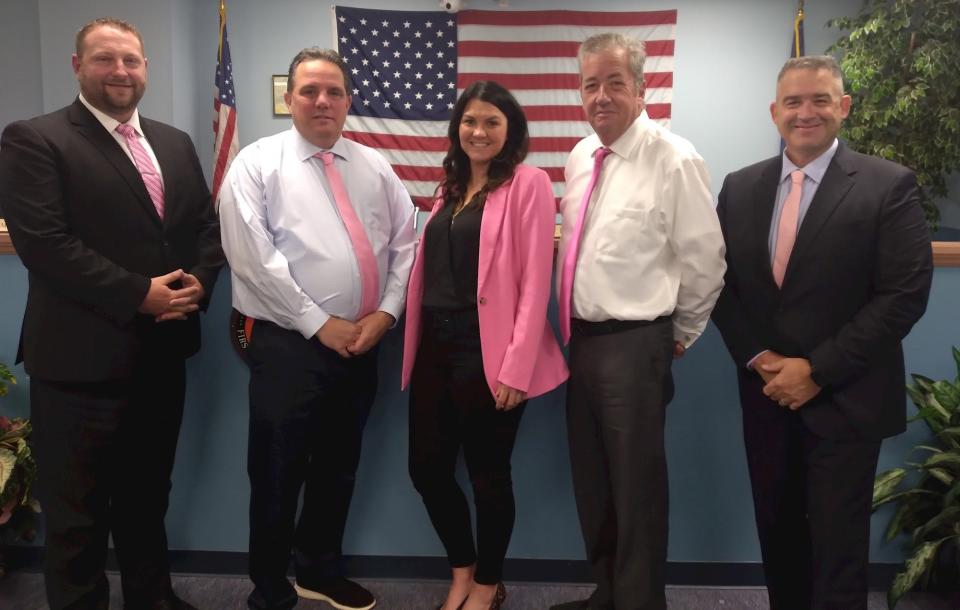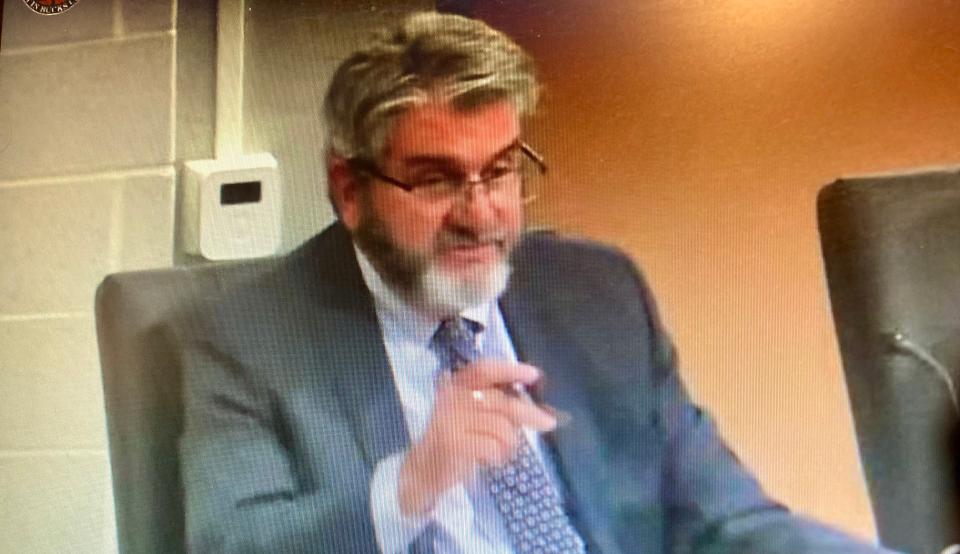Is Falls Township using loophole to keep you out of hiring decisions?
Falls Township appears to be exploiting a loophole in the law to make government hires before discussing and voting on them in public, according to an attorney and former Pennsylvania Open Records Office appeals officer.
The township appears to be relying on court decisions that have found an earlier private vote on official business can be corrected, or cured, with a second public vote, according to Joy Ramsingh, a private attorney with a Harrisburg practice and focuses on transparent government issues and appellate litigation.
Falls Township contends its actions are not a violation of the Sunshine Act, but Ramsingh disagrees.
At a minimum it appears the township is taking advantage of case law meant to fix honest mistakes, not deliberately circumventing public transparency, she said.

Ex-Tullytown police chief new HR chief Ex-Tullytown police chief working for Falls now, but did township violate Sunshine law
“There’s a limit to that loophole,” Ramsingh said. “Pennsylvania courts have held that the Sunshine Act’s purpose is to discourage private meetings on agency business followed by rubber-stamp public hearings.’”
Falls officials have come under scrutiny after it was revealed they have been making personnel decisions in private sessions, then later voting on them at public meetings.
The latest example occurred at its Sept. 25 meeting, when supervisors voted unanimously to ratify the hiring of former Tullytown Police Chief Daniel Doyle as its director of employment operations and chief human resources officer.
But records show the township offered Doyle the newly created $130,000 a year job on Sept. 11, and he started working for the township on Sept. 18, a week before the board meeting.
That did not sit well with resident Toni Battiste.
"This decision was apparently made without public knowledge is that correct?” she said.
Battiste also grilled officials over the hiring of Bucks County Sheriff Fred Harran as a $325-an-hour police department consultant. The township signed its agreement with Harran five days before taking a vote to hire his company at a public meeting.
“If you are going to think about positions, it would be nice if the public knew because we’re the ones who are going to have to pay for those positions,” she said. “I think somewhere along the line this is definitely not under the Sunshine laws.”

Another potential Sunshine Law violation Did Falls supervisors violate Sunshine law when they privately fired police officer?
What does the Sunshine Act say about private and public board discussions?
Under the state's Sunshine Act, official actions — including hiring decisions — must be made in an advertised meeting where the public has the chance to participate.
Public officials can discuss hiring options in a closed session — one of three exceptions for private meetings — but can not take official action then, under the law.
“Discussing someone’s potential employment and actually taking a vote to hire them are not the same thing,” Ramsingh said. “According to the statute, the vote and the deliberation before the vote must always happen in public.”

Why does Falls Township’s solicitor contend that no Sunshine Act violations occurred?
At the September meeting, Falls Solicitor Michael Clarke denied Doyle's hiring violated the Sunshine Act.
“This is a personnel matter so everything was permitted to be discussed in executive session to make the decision because the hiring needed to occur prior to a board meeting,” Clarke said. “The hiring was made last week. The start date was made last week and the board is going to vote on it tonight and ratify the hiring. Everything that is being done here is proper.”
Clarke declined to answer follow-up questions about his statement, including why the hiring needed to occur before the board meeting and how it was allowed without violating the Sunshine Act.
Ramsingh agrees Clarke's view is technically correct, but argued it intentionally circumvents the law.
“Allowing the employee to start working prior to the proper public vote is degrading the public meeting to nothing more than a rubber-stamping process,” she said. “Regardless of whether they need the employee to start working, the fact remains that the law requires a public vote before that official action goes into effect.”
Are there penalties for Sunshine Act violations?
Sunshine Law violations carry potential civil and criminal penalties.
But that first requires a resident file a complaint with the courts or the county district attorney after becoming aware a violation may have occurred.
The window for filing a complaint is also extremely short, according to Ramsingh.
The statute of limitations is 30 days from the day the person learns about an alleged violation that occurred in a closed meeting up to one year prior. If the alleged violation happened at a public meeting, the 30-day clock starts immediately.
Complaints can be filed in either county civil court, where the decision rests with a Common Pleas judge or a county District Attorney's Office, which determines if a violation occurred and if criminal charges are warranted.
Bucks sheriff working as consultant Why is Bucks County's sheriff working as a consultant for Falls Township? What we know
This article originally appeared on Bucks County Courier Times: Falls has made new hires in private, holding public votes later

